
March 16, 2022
To Take Down Corporate Polluters, the DOJ's Environmental Enforcer Needs More Capacity
Overseen by Assistant Attorney General Todd Kim, the Environment and Natural Resources Division (ENRD) is one of seven litigating components of the Department of Justice (DOJ). The ENRD is divided into ten sections, each with its own area of expertise. The Division fulfills a wide range of responsibilities. For instance, the ENRD is tasked with protecting the nation’s natural resources and enforcing U.S. civil and criminal environmental laws, including the Clean Water Act, Clean Air Act, and hazardous waste laws. The Division also handles tribal rights and resources cases. Other responsibilities include, but are not limited to, “facilitating cleaner energy and ensuring marketplace integrity; defending and adjudicating water rights for Federal agencies and Indian Tribes, as well as policies and decisions that support the generation of clean energy on Federal lands and the outer continental shelf; and, promoting international climate justice activities and the advancement of legislative and policy matters related to climate change.”

February 22, 2022
Making The Antitrust Division Competitive: A Look At Capacity As Biden Revitalizes Enforcement
The Department of Justice’s Antitrust Division (ATR) is, along with the Federal Trade Commission (FTC), the primary regulator of antitrust law and is responsible for ensuring markets’ competitiveness. In that capacity, it investigates corporate consolidation and allegations of collusion and anticompetitive practices that undermine the free market. ATR is also responsible for supervising mergers and acquisitions to ensure that companies cannot establish monopolies. While both ATR and the FTC share this objective, the two divide jurisdiction based on industry. ATR also investigates and prosecutes criminal antitrust violations.

February 07, 2022
The Department of Energy Needs More Capacity To Help Prevent A Dim Future
Addressing the climate crisis on a federal level requires, at minimum, that the agencies and departments of the federal government be fully staffed and equipped to implement and enforce regulations. In the Revolving Door Project’s Climate Capacity Crisis Report, we initially found that the Department of Energy (DOE) had relatively higher staffing levels compared to other agencies, though certainly not enough to fulfill its mandate. As of June 2021, Biden’s DOE had hired 79 more STEM employees than were employed by the department in September 2016, whereas the Department of Agriculture, Department of Interior, National Park Service, United States Geological Survey, and the Environmental Protection Agency all lost STEM employees within that same time period. Despite the DOE’s comparably impressive staffing levels, a recent Washington Post article revealed that the department was struggling to stay on top of mounting work, causing unnecessary problems in their fight against the climate crisis.
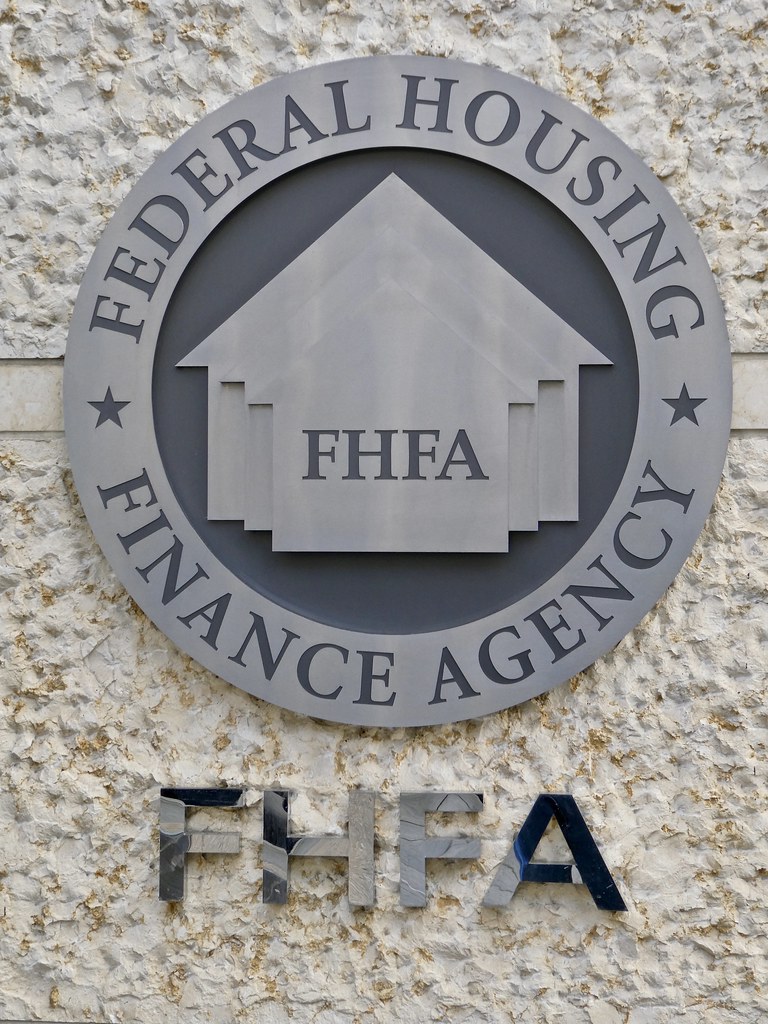
January 28, 2022
Capacity Shortfalls At The FHFA
The Federal Housing Finance Agency (FHFA) is an independent federal agency established by the Housing and Economic Recovery Act of 2008 (HERA) following the 2008-2010 subprime mortgage crisis. Upon its creation, the FHFA replaced the Federal Housing Finance Board (FHFB), the Office of Federal Housing Enterprise Oversight (OFHEO), and the GSE mission office at the Department of Housing and Urban Development (HUD). The FHFA is responsible for ensuring regulated entities “fulfill their mission by operating in a safe and sound manner to serve as a reliable source of liquidity and funding for the housing finance market throughout the economic cycle.” The agency oversees the supervision, regulation, and housing mission oversight of Fannie Mae, Freddie Mac (the Enterprises) and the Federal Home Loan Bank System, which includes the 11 Federal Home Loan Banks (FHLBanks) and the Office of Finance.

January 27, 2022
Sabotaged HUD Must Rebuild to Fix The Housing Crisis
As the pandemic exacerbates the nation’s ongoing housing crisis, President Biden has promised swift and immediate action. Effectively deploying the federal government’s powers to address this crisis, however, will require more than just good policy and motivated leadership. Past administrations eroded the federal government’s capacity to carry out effective policy to help tenants and homeowners. This administration will need to form new infrastructure, with an outsized focus on staffing reforms, in order to both restore capacity and implement new housing policies that will enable Americans to readily access safe and affordable housing.
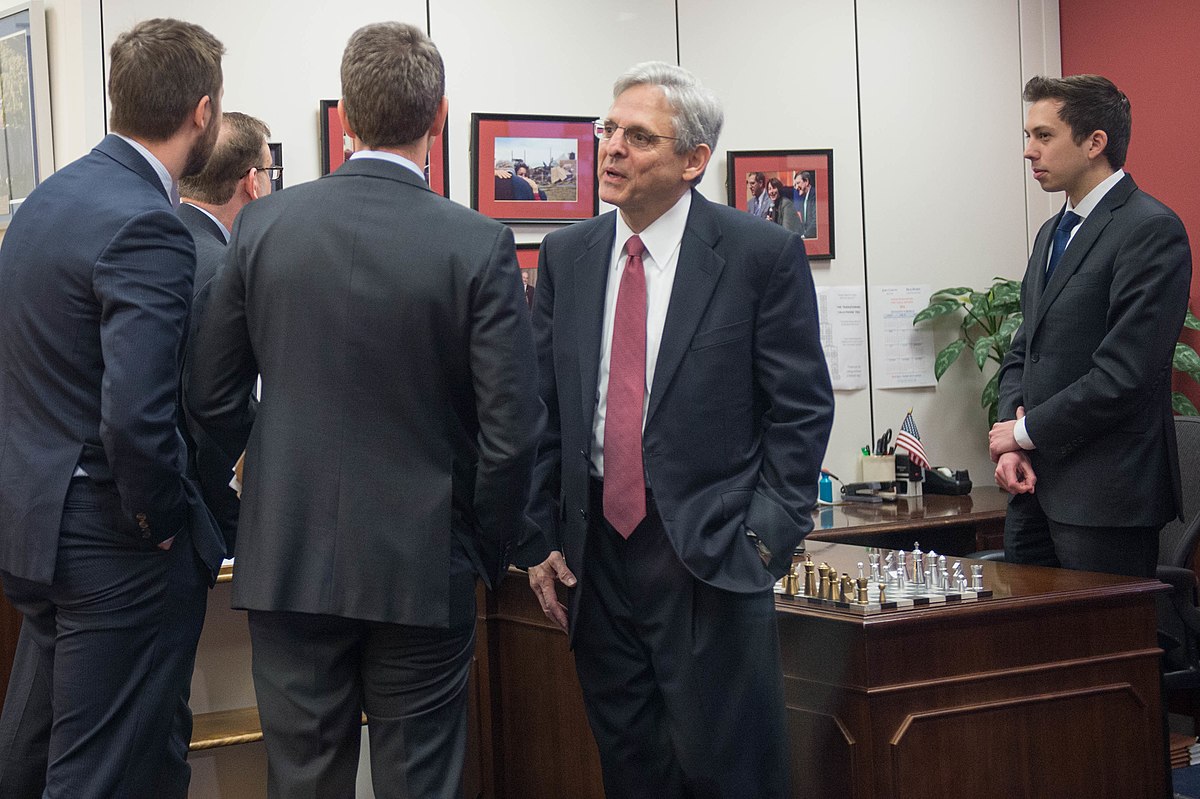
January 27, 2022
Letter to Attorney General Merrick Garland Highlights Urgent Need for Resources in the Antitrust Division
The Justice Department plays a key role in President Biden’s vision of promoting “the interests of American workers, businesses, and consumers” through increasing competition, a plan which stands to be one the most enduring legacies of this administration. Your commitment to promote “competition by fairly and vigorously enforcing the antitrust laws,” along with the confirmation of Jonathan Kanter to Assistant Attorney General for the Antitrust Division, are crucial steps forward in this vision.
January 26, 2022 | Revolving Door Project Newsletter
Don’t Continue Downplaying Continuing Resolution’s Import
We don’t know much about the new Build Back Better – what will be in it, if it has any chance of passing – but one thing is certain: it’s not moving anytime soon. That, combined with the voting rights bill’s recent defeat at the hands of Joe Manchin and Kyrsten Sinema, has many Democrats looking to executive action as their last best hope to deliver for regular people and hold on to majorities in the House and Senate this November.

January 21, 2022 | The American Prospect
The Government Is Still Operating Under Trump’s Budget
A lot has changed in the year since President Biden took office. Across the executive branch, leaders who believe in the power of government to advance the public interest have replaced predecessors who were intent on dismantling the institutions they led. Unsurprisingly, policy priorities have shifted as well, with regulators embarking on ambitious new rulemakings and ramping up enforcement.
But there is one troubling constant looming above all of these changes: President Trump’s holdover budget is (basically) still in place, leaving the Biden administration to implement a bold new agenda with funding levels negotiated and approved by an administration that was determined to make that impossible.
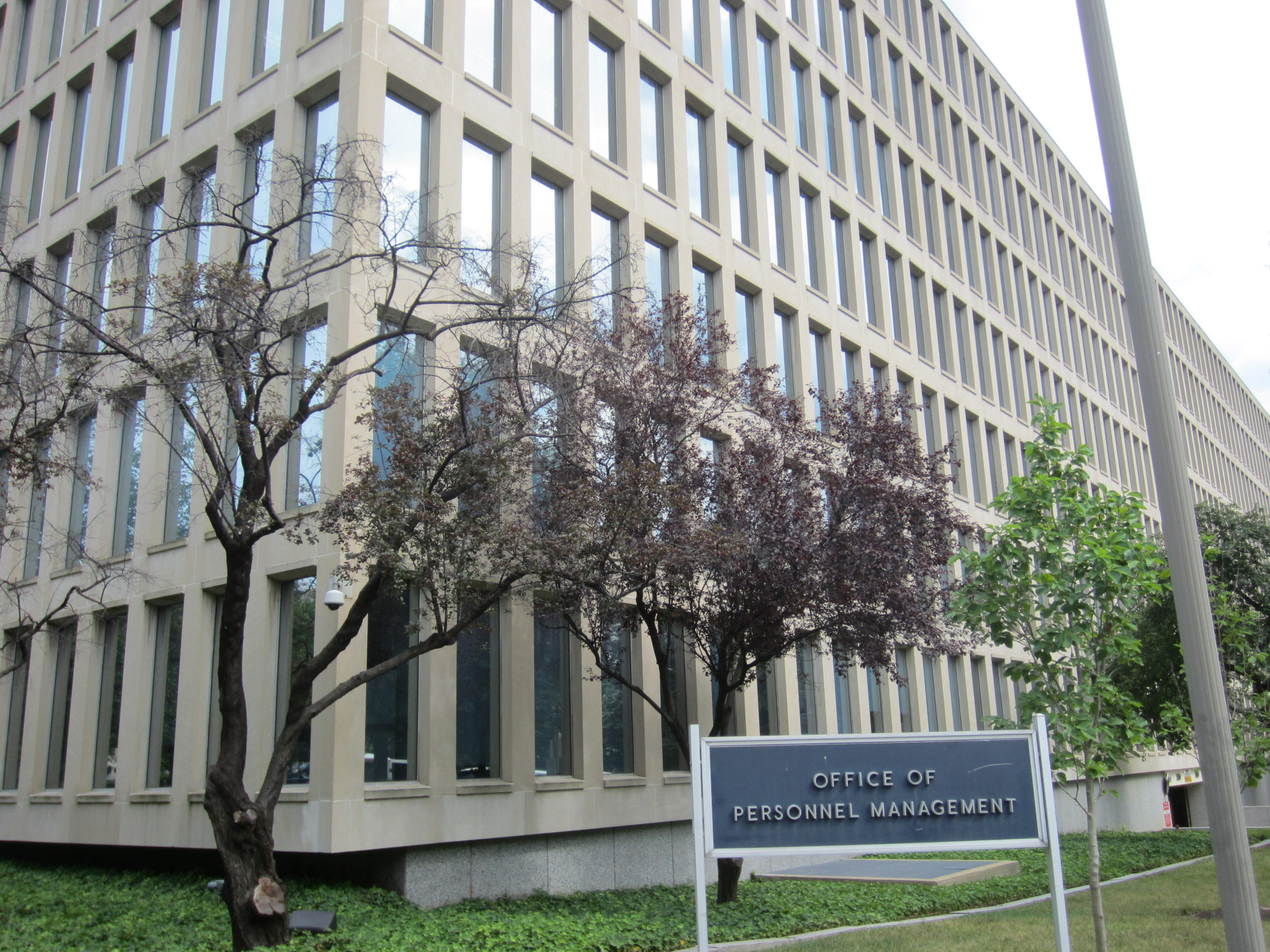
January 20, 2022
Revolving Door Project Examines Agency Capacity
The Revolving Door Project is fighting for an executive branch whose every corner is working tirelessly to advance the broad public interest and not to further entrench corporate power. That means scrutinizing the federal government’s highest ranks and applying pressure to keep them free of undue corporate influence. It also means interrogating whether the institutions those political leaders steer have the provisions they need to fulfill their missions.
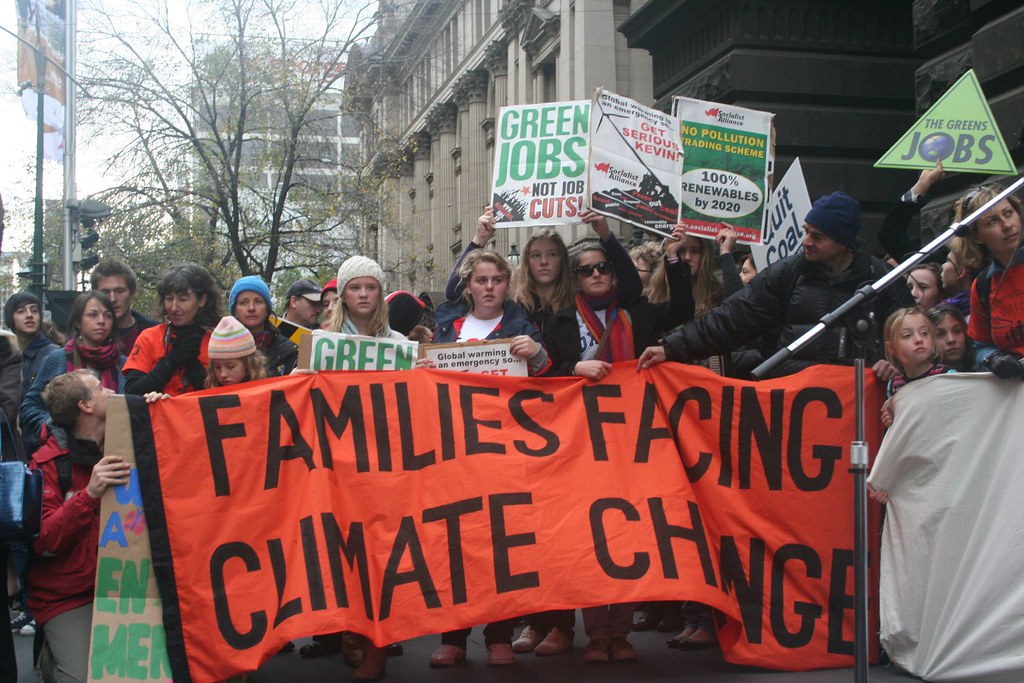
January 19, 2022
Climate Finance Capacity: Office of the Comptroller of the Currency
supervising all national banks, federal savings associations, and agencies of foreign banks. It primarily regulates the risk that banks can take on, delineates what is considered “banking,” and investigates banks’ balance sheets.

January 19, 2022
New Report Warns Agency Capture Threatens OCC Climate Response
Today the Revolving Door Project released a report on the Office of the Comptroller of the Currency’s OCC) capacity to implement and enforce climate regulation. This is the third installment of the project’s ongoing Climate Finance Capacity project \identifying the tools each component of the Financial Stability Oversight Council (FSOC) has to address the climate crisis through regulatory reform and the capacity-related obstacles that could stand in the way. Prior installments have looked at the Commodities Future Trading Commission (CFTC) and the Securities and Exchange Commission (SEC).Through this project, we aim to highlight the responsibility each of these agencies have in regulating our financial system towards a more sustainable future, and the reforms necessary to achieve this vision as examined through the lens of each agency’s unique resourcing.
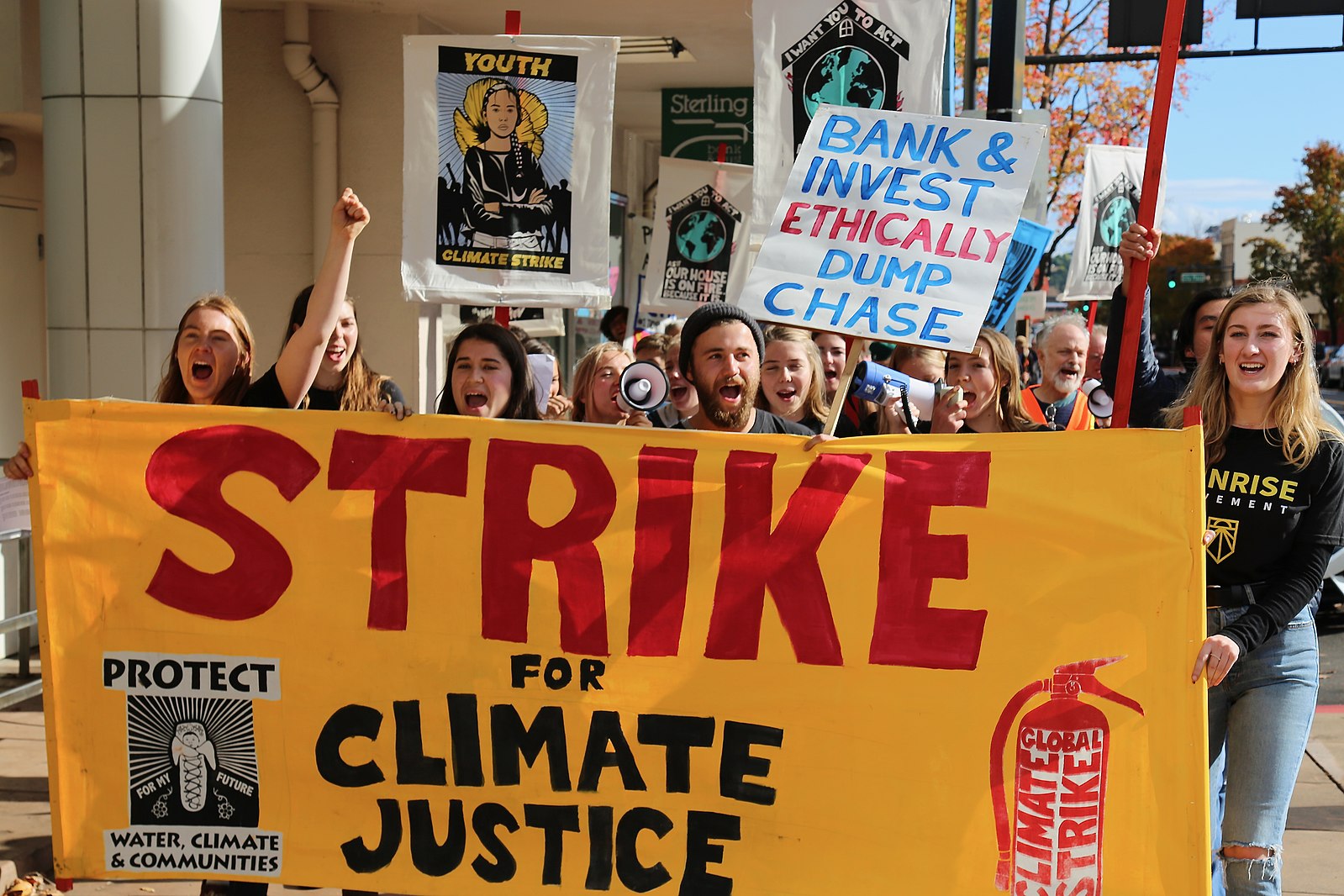
January 11, 2022
Climate Finance Capacity Project: Securities and Exchange Commission
Climate change poses a serious threat to everything the Securities and Exchange Commission (SEC) is meant to protect and oversee. The Commodity Futures Trading Commission (CTFC)’s “Managing Climate Risk in the U.S. The Financial System ”report makes this abundantly clear. The report concludes that climate change may “exacerbate existing, non-climate related vulnerabilities in the financial system, with potentially serious consequences for market stability”. Furthermore, the physical and transitional risks of climate change will likely lead to systemic and sub-systemic financial shocks. These shocks would cause “unprecedented disruption in the proper functioning of financial markets and institutions” and further marginalize communities underserved by the financial system. To fulfill its mandate, of maintaining fair, orderly, and efficient markets, protecting investors, and facilitating capital formation, the SEC must proactively ensure there is enough personnel to monitor and enforce regulations that will keep markets stable and adaptable.
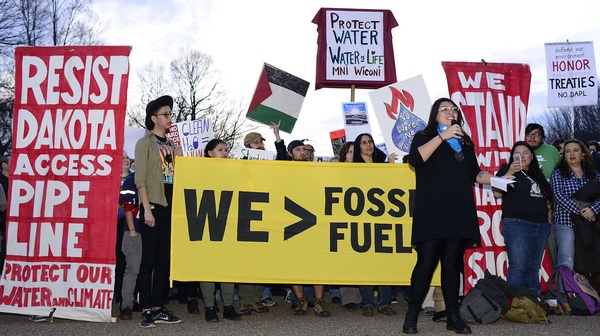
January 11, 2022
New Report Warns That Insufficient Capacity at The SEC Might Limit its Role In the Fight Against Climate Change
Today, the Revolving Door Project released its SEC Climate Capacity Report examining the detrimental impact of capacity shortfalls on the Securities and Exchange Commission (SEC)’s climate work. This report is the second installment of its Climate Finance Capacity Project. The Climate Finance Capacity Project explores the power and responsibility that each of the Financial Stability Oversight Council’s member agencies has to address the climate crisis and consider how resource limitations threaten to limit their impact.
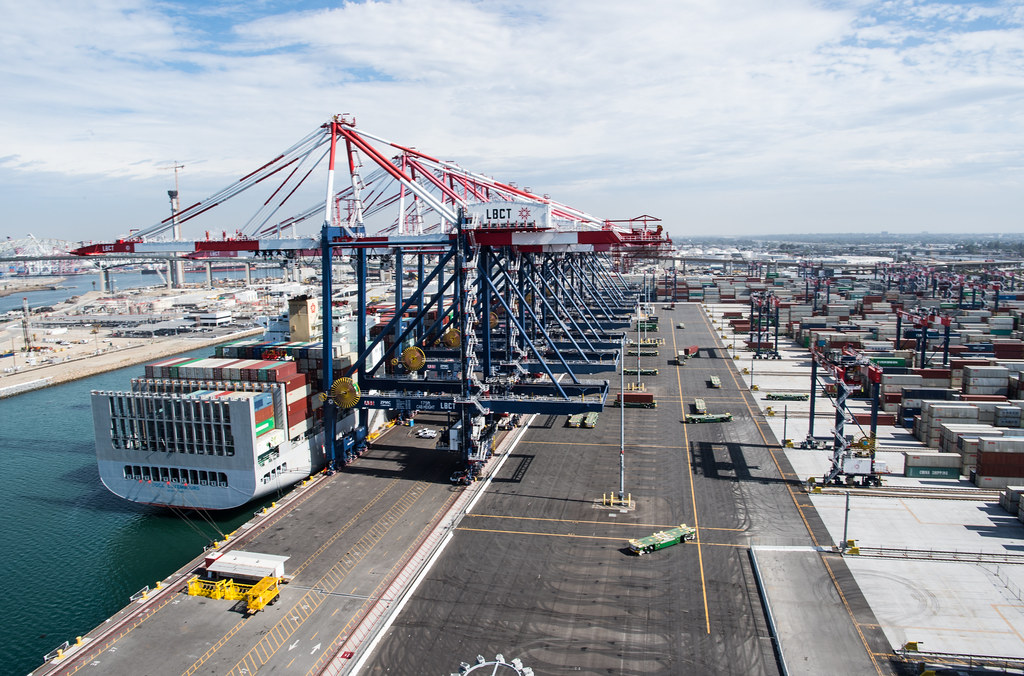
January 04, 2022
Amidst a Record Supply Chain Crisis, What is the Federal Maritime Commission’s Capacity?
One tiny federal agency with 116 full-time employees and a $28.9 million dollar budget is in charge of regulating the global marine economy, which contributes $397 billion to the US GDP annually and accounts for 80 percent of goods shipped worldwide. That’s not just an apples and oranges discrepancy—that’s like an apple versus Apple. The budget for the military’s marching bands is fifteen times greater than the Federal Maritime Commission’s budget; the Marines alone have five times more musicians than the Commission has staff.
December 22, 2021 | Revolving Door Project Newsletter
New Year’s Resolutions for Official Washington
The jury’s still out on whether Build Back Better is really, truly dead. Some think that there’s still a deal to be made after Senator Joe Manchin unceremoniously blew up negotiations over the weekend. Others argue that, if Manchin isn’t satisfied with a bill that has already been thoroughly hacked and chiseled to conform to his demands, he won’t accept anything. But whichever camp you fall in, it’s clear that the landmark legislation is unlikely to remain the only topic in town next year. (Indeed, as important as the needs requiring BBB are, the executive branch is always also critical). As our political leaders prepare for the post-Build Back Better world, we ask that they consider making the following resolutions for the New Year.
